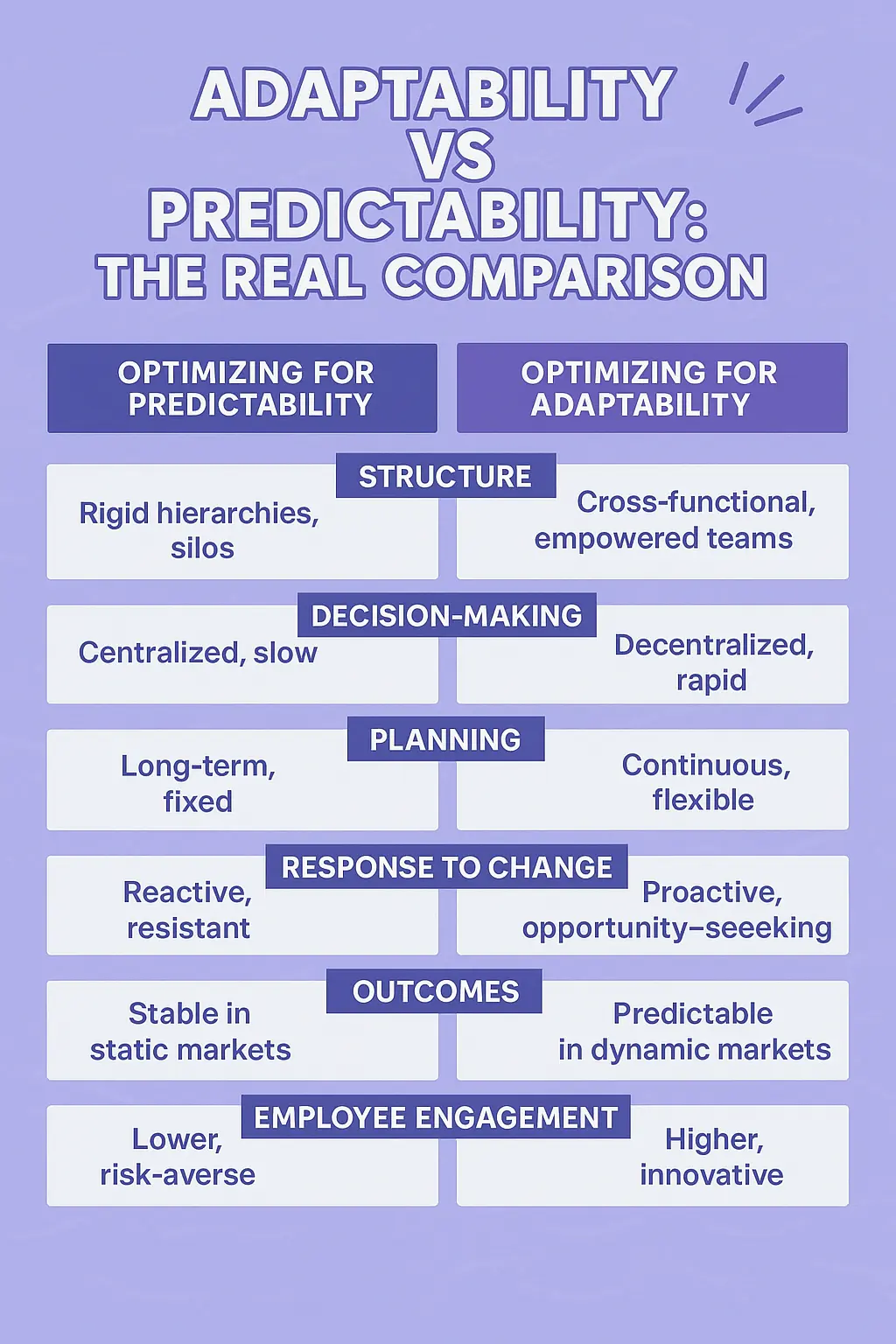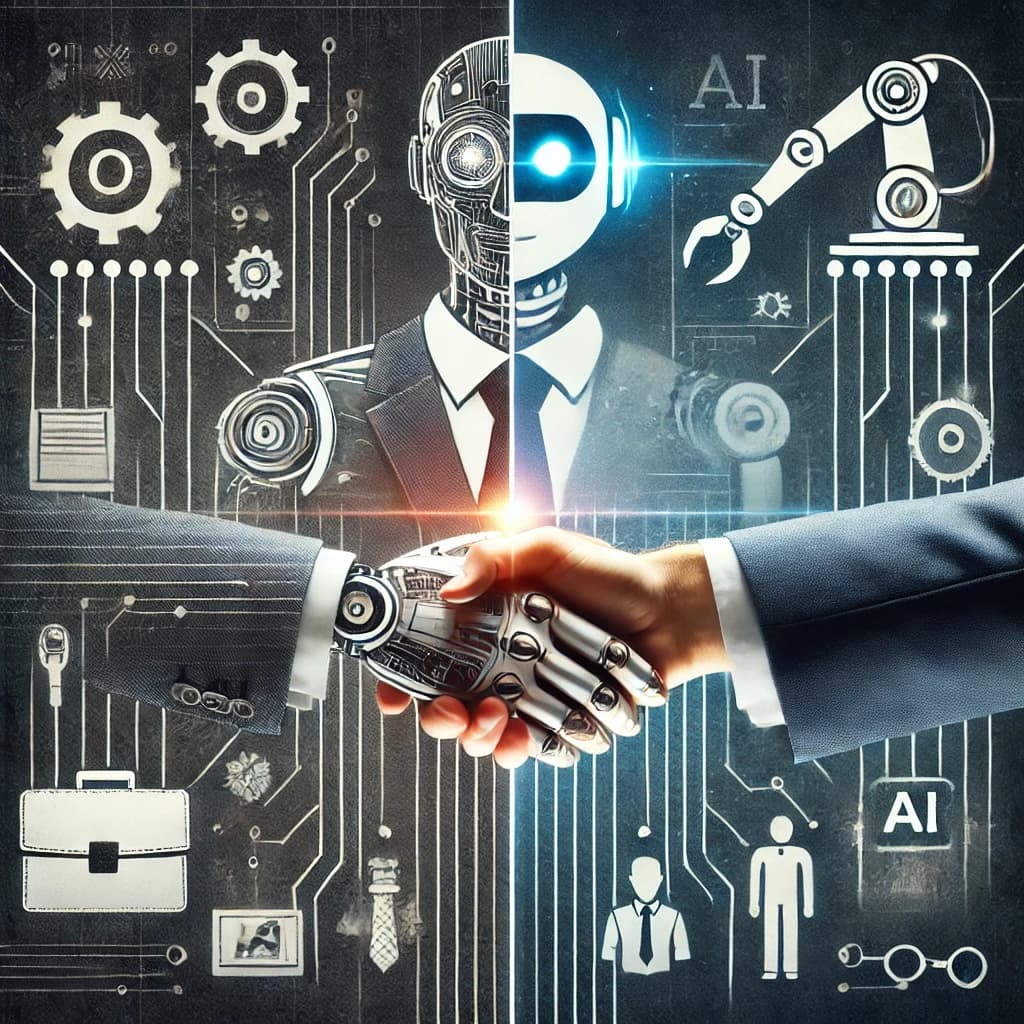Artificial Intelligence, or AI, is one of those buzzwords that you hear everywhere, from tech blogs to boardrooms. But what exactly is it? Why is it such a big deal? And most importantly, how does it actually work? In this post, we'll break it down in a way that's easy to understand and relevant to the world we live in.
Let's dive into the basics of AI and see why it's more than just robots and futuristic predictions.
What is AI?
At its core, AI refers to the simulation of human intelligence by machines. Essentially, it's about creating systems that can perform tasks that would normally require human intelligence. These tasks include things like recognizing speech, making decisions, translating languages, and even playing chess at a world-class level.
To keep things simple, AI is all about getting machines to "think" or "learn" in a way that resembles human thought processes, but without the need for sleep or coffee breaks!
The Different Types of AI
Not all AI is created equal. There are different types of AI depending on how "smart" a system is. Let's break it down:
Narrow AI (or Weak AI): This type of AI is designed to do specific tasks, like voice assistants (think Siri or Alexa) or recommendation algorithms on Netflix. They're really good at one thing but can't do much outside of that narrow focus.
General AI (or Strong AI): General AI is more like the human brain. It doesn't just excel in one area but can perform any intellectual task a human can do. While this sounds cool, we're not quite there yet – this is more of a theoretical goal for the future.
Superintelligent AI: This is the kind of AI that we often see in sci-fi movies—machines that surpass human intelligence. Again, this is more speculative, but it's an area of interest for researchers.
How Does AI Work?
The magic behind AI comes from machine learning (ML), a subset of AI. Instead of being programmed with step-by-step instructions, AI systems learn patterns from data. Here's a simplified version of how that works:
Step 1: Data Collection – AI systems need a lot of data to learn from. This could be anything from images, text, or voice recordings.
Step 2: Training – Once the data is collected, the AI model is trained using this information. The system identifies patterns in the data, learning from them like a student cramming for a test.
Step 3: Decision Making – After training, the AI can use what it has learned to make decisions or predictions. For instance, a voice assistant can recognize your command and respond appropriately.
Of course, AI systems keep learning and improving with more data over time, getting better at the tasks they're designed for.
Why is AI Important?
So why all the hype around AI? Simply put, AI has the potential to transform industries, from healthcare to finance to customer service. Here are just a few ways AI is making a difference:
Healthcare: AI is helping doctors diagnose diseases more accurately, analyze medical images, and even develop personalized treatment plans.
Finance: Banks use AI to detect fraud, predict market trends, and manage financial risks.
Customer Service: Chatbots powered by AI can handle customer queries 24/7, improving efficiency and freeing up human agents for more complex tasks.
Transportation: Self-driving cars are becoming a reality, thanks to AI systems that can analyze traffic, detect obstacles, and make real-time decisions.
These examples are just the tip of the iceberg. AI's ability to process massive amounts of data quickly and accurately is changing the way businesses operate, helping them make smarter decisions.
The Future of AI
AI is still evolving, and its future is filled with exciting possibilities. While we're far from seeing superintelligent robots roaming the streets, advancements in AI are steadily improving our daily lives.
For now, we're focused on making AI systems that can help us work faster, make better decisions, and solve problems that would take humans years to figure out. It's a technology that's here to stay, and its role in the world is only going to grow.
Conclusion
So, what is AI? In simple terms, it's the science of making machines smart—smart enough to do things that normally require human intelligence. While AI still has limitations, it's clear that it's already making a massive impact on our world.
As AI continues to develop, it's important to understand how it works and how it's shaping the future of industries. From healthcare to finance, AI is changing the game, and who knows? One day, AI might even be writing blog posts like this one!




